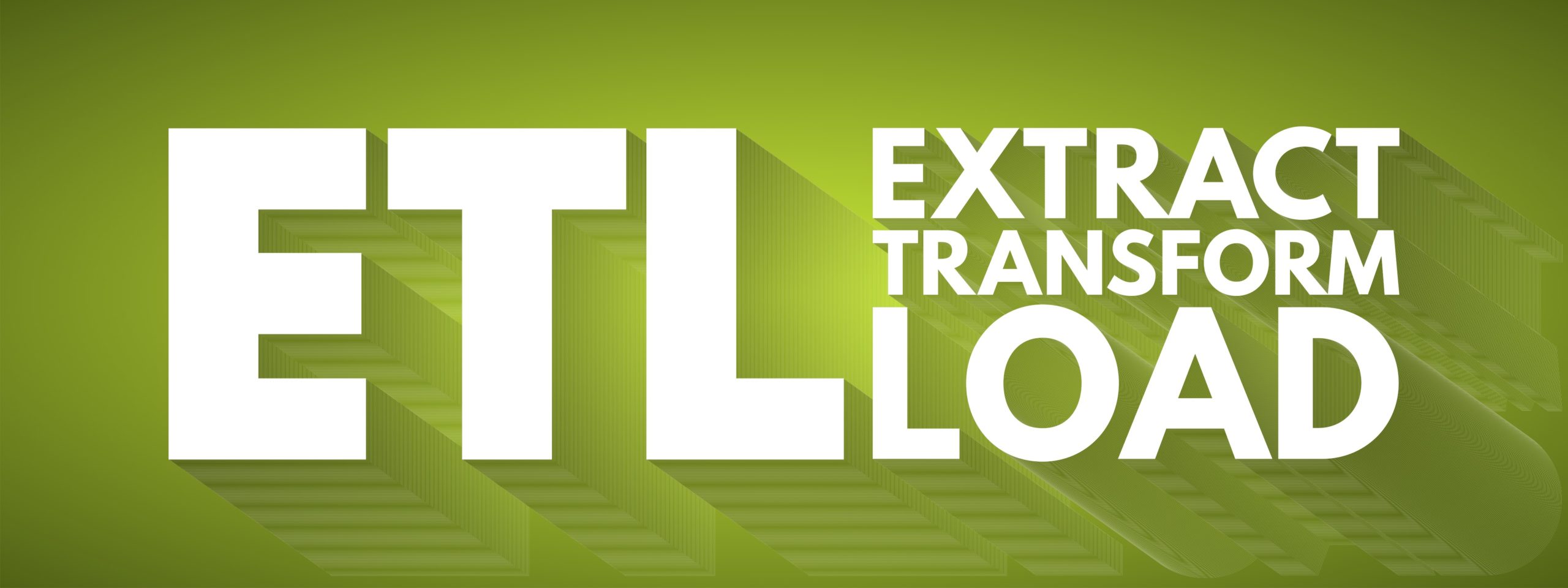How Google Cloud and Pythian Keep Your Data—and Your Reputation—Secure
While more organizations are migrating their critical workloads to the cloud for scalability and agility, the ever-increasing complexity of the cloud environment makes it more challenging to secure that environment. The ramifications of a data breach or cyberattack can be disastrous, from financial loss to reputational damage.
When it comes to cloud adoption, security is still a major concern for many enterprises. A survey by the Cloud Security Alliance (CSA) found that security tops the list of concerns with cloud projects, including network security (58%), lack of cloud expertise (47%) and insufficient staff to manage cloud environments (32%).
According to the survey, the three most common causes of breaches and outages include cloud provider issues, security misconfigurations and attacks such as denial of service exploits. But nearly one-third of respondents still manage their cloud security manually—and who controls cloud security is not always clear-cut.
These issues have only been exacerbated by the rise of remote and hybrid workforces, along with the proliferation of hybrid and multi-cloud environments.
Here are some considerations when looking at the security in your own environment:
- Security gaps: Do you know where the gaps exist in your current environment, including landing zones, identity management and access management?
- Incident monitoring: Do you have the ability to monitor your infrastructure and apps with log data mining, incident response and proactive alerts?
- Data privacy requests: Are you able to manage the appropriate use of private data and remove identifying information upon request?
- Backup and disaster recovery: Do you have a comprehensive data backup, business continuity and disaster recovery for your in-cloud data?
- Compliance and controls: Do you have the expertise and resources in-house to manage your compliance requirements, such as PCI, SOC II, SOX, HIPAA, ISO, GDPR and regional privacy acts?
While all major public cloud platforms offer built-in security, Google Cloud has a particularly strong security posture—thanks to the fact that its security is tried-and-tested on its own business model. It also uses its own purpose-built chips, servers, storage, network and data centers.
Customers can natively integrate security tools with Google Cloud services, such as identity and access management, asset management, logging, monitoring and compliance. Built-in security measures, such as automated encryption, secure service deployment and secure data disposal, help to ensure the security of the underlying infrastructure.
The Pythian security benefit
While Google Cloud secures the compute infrastructure, cloud customers still need to safeguard their applications, account controls, deployment architecture and configuration management, to name a few. It’s important to know where your provider’s responsibilities end and where yours begin.
A managed service provider can help to fill in the gaps—particularly for multi-cloud environments. The aforementioned CSA survey found that 62 percent of respondents use more than one cloud provider—and the diversity of their production workloads (such as container platforms and virtual machines) is expected to increase.
Pythian can help you maximize the security of your Google Cloud environment through our extensive managed security services. Data security is in our DNA, and we provide a robust data security framework, secure connectivity, experience in regulatory compliance and additional offerings in privileged access management.
We’re also ready to train your personnel in security best practices, policies, tools, troubleshooting and more—so you can embrace the benefits of cloud while minimizing risk to the security of your business.
Ready to get started? Schedule a call today with a Pythian expert.
Share this
Share this
More resources
Learn more about Pythian by reading the following blogs and articles.

Building an EDP: Best Practices and Considerations: Part 2

Building an ETL Pipeline with Multiple External Data Sources in Cloud Data Fusion

What Google’s New BigQuery Pricing Tiers Mean For You
Ready to unlock value from your data?
With Pythian, you can accomplish your data transformation goals and more.
